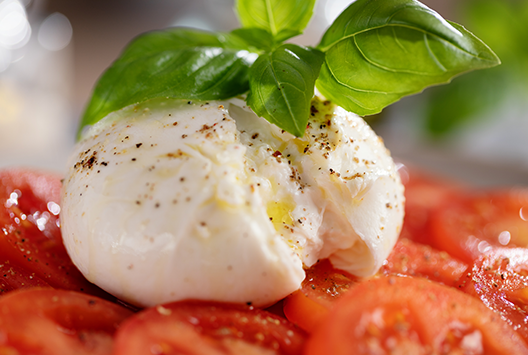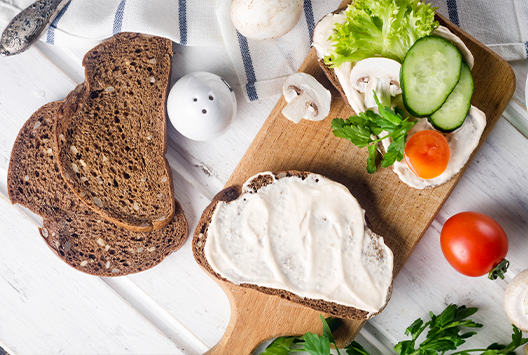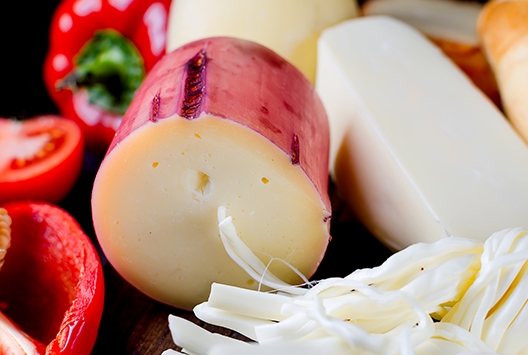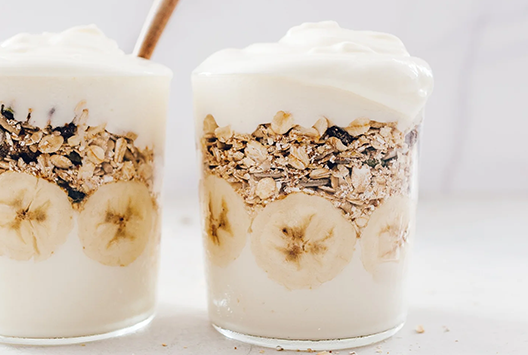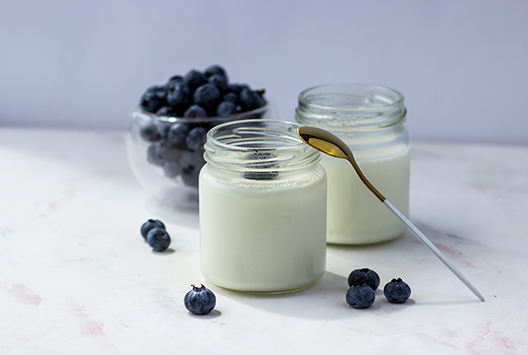
4 Notable Ways Eating Yoghurt Can Improve Your Health
Similar
If you’re all about gut health, then you don’t need an introduction as to why yoghurt is great. Aside from boosting your gut health, yoghurt has a number of health benefits. It can help regulate the digestive system, boost the immune system, and improve heart health. Yoghurt is a great source of probiotics, which are beneficial bacteria that help keep the gut healthy. If you want to learn more about how eating yoghurt can improve your health, here are four notable health benefits of eating yoghurt.
1. Yoghurt can help regulate the digestive system
If you’ve been having digestion issues, yoghurt is something you might want to consider adding to your diet. The probiotics in yoghurt are especially beneficial for the gut. Probiotics can help keep the gut healthy and functioning properly. Probiotics help break down food, absorb nutrients, and fight off harmful bacteria. This can help keep the digestive system healthy and prevent problems like constipation and diarrhea.
2. Yoghurt can give your immune system a boost
The probiotics in yoghurt can help boost the immune system in a few different ways. First, probiotics help fight off harmful bacteria and viruses. This helps keep the immune system strong and prevent illnesses like the cold and flu. Additionally, probiotics help improve the absorption of nutrients. This can help maintain the proper functioning of the immune system and ensure that the body has the nutrients it needs to stay healthy.
3. Yoghurt can improve heart health
Calcium is important for heart health because it helps keep the heart muscles healthy. It is especially important for people who have high blood pressure which can damage the heart muscle. Vitamin B12 is also important for heart health because it helps keep the heart rhythm steady.
Yoghurt is a good source of both calcium and vitamin B12. In fact, one cup of yoghurt can provide you with about half of your daily calcium needs. It can also help lower cholesterol levels and reduce the risk of heart disease.
4. Yoghurt can help you lose weight
If you’re looking to drop a few pounds, yoghurt is a great option. This is because one of the many benefits of yoghurt is that it is a high-protein food. Protein helps to keep you feeling full and satisfied after eating, which can help reduce overall calorie intake and lead to weight loss. Yoghurt is also a low-calorie food. A single serving of yoghurt typically contains around 100 calories, making it a great choice for those looking to lose weight or maintain a healthy weight.
It’s yoghurt, a big scoop of nutrients!
We hope you’ve gained a better understanding of the health benefits of yoghurt after reading this blog post. Eating yoghurt every day can improve your health in many ways. As mentioned, it is a good source of protein, calcium, and probiotics, all of which are important for your overall health. Probiotics, in particular, can help improve your gut health, and yoghurt is packed with probiotics. If you’re looking for high-quality yoghurt, Baladna has got you covered.
For the overall wellness of our consumers, we provide natural, nutritious and tasty foods and beverages, all while adhering to the most rigorous food safety and biosecurity protocols. For more information about our products, visit our website today.
